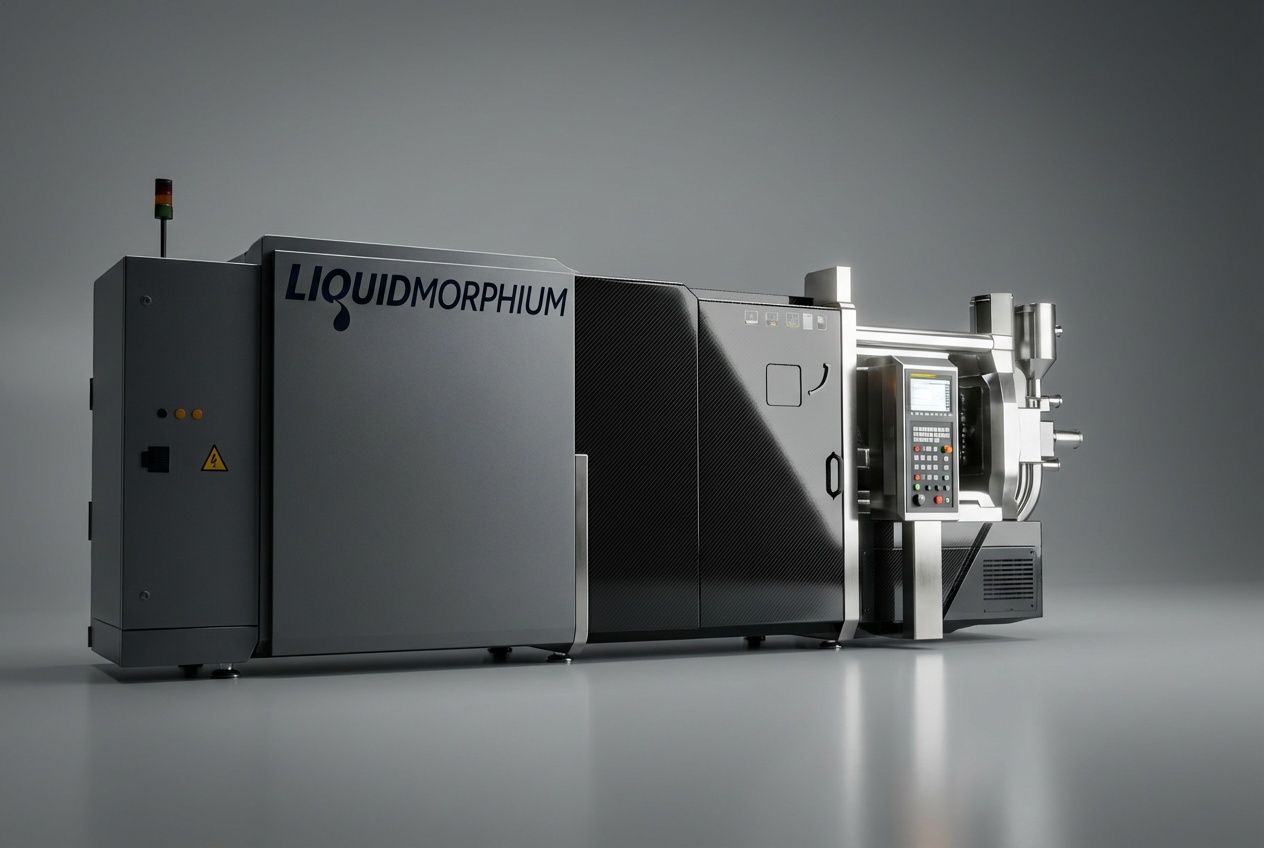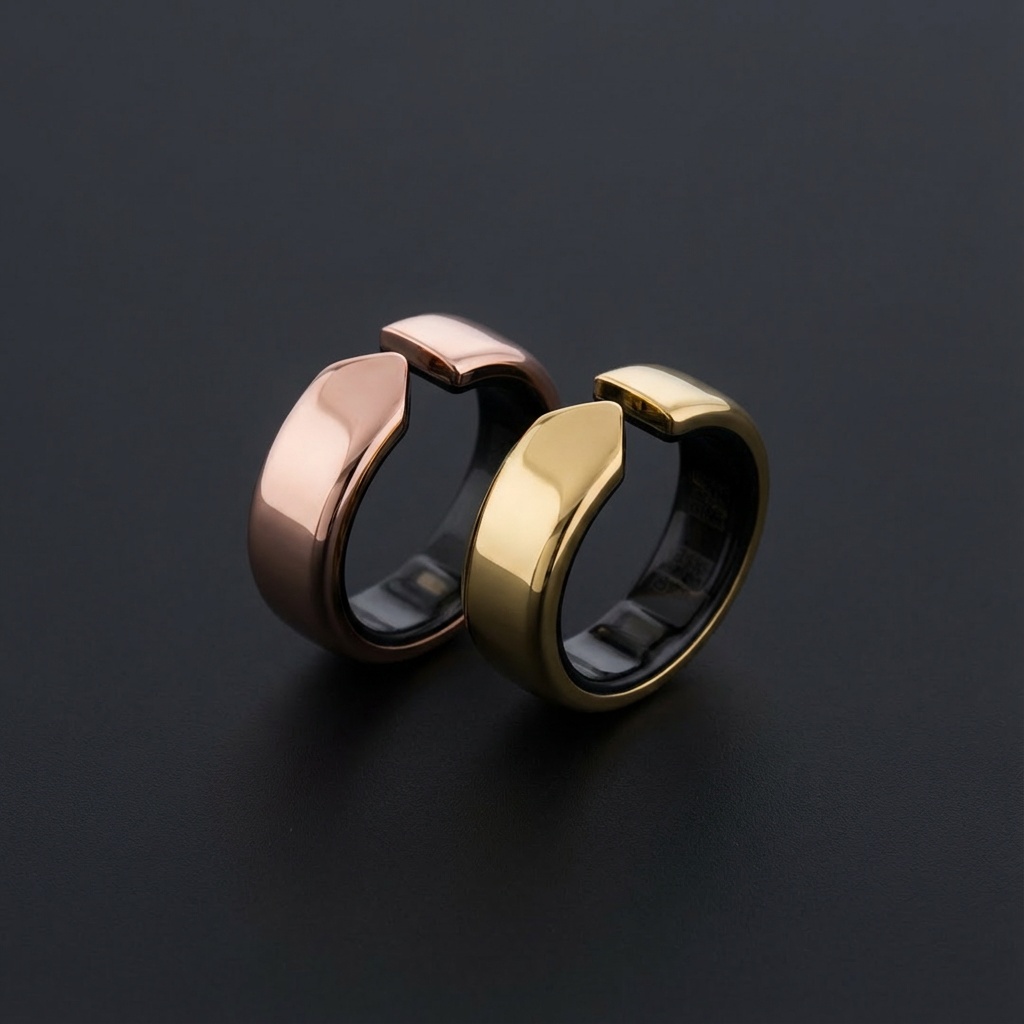

Liquidmetal®
Molding Process
LIDUIQMORPHIUM™, our state of the art molding machine, builds upon decades of experience to advance amorphous alloy manufacturing into a new era. With a focus on part quality and cost reduction, we have developed the most capable amorphous molding machine to advance your part design in mass production.



